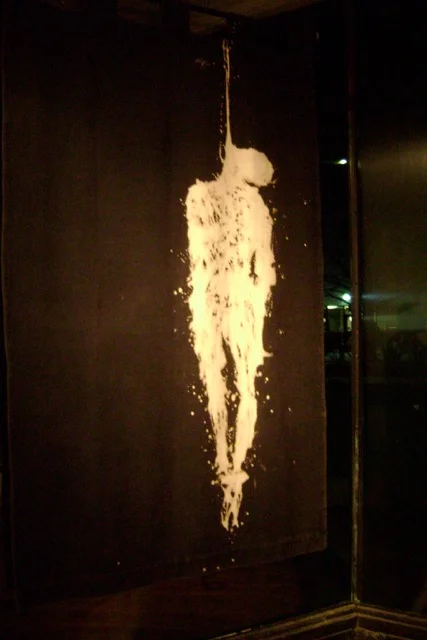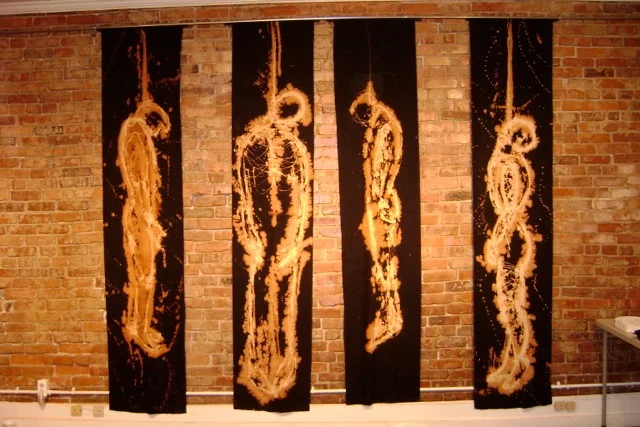I am a 68 year old white lady. I first got arrested for civil rights sit-ins when I was 13. This was the South Side of Chicago, where the Superintendent of Education had put temporary classrooms, called “Willis Wagons,” in a vacant lot so the brown and black children of the neighborhood wouldn’t integrate the all white schools nearby.
As bulldozers tried to clear the lot we would be sitting in front of them, locking arms. We faced forward, hoping media cameras were taking pictures, listening intently to be sure the engine of the bulldozer went quiet. Police came to drag us to waiting paddy wagons. We held tightly to one another and sometimes they dragged several of us at once, then tried to lift us into the metal wagons: women in one, men in the other. They’d take us downtown to jail. We sang endless rounds of “We Shall Overcome” and “Michael Row Your Boat Ashore.” In the cells we ate baloney on stale white bread. On a good day we filled the jails and were back on the street as soon as they could process our papers. Sometimes I could get arrested twice in one day.
This was the early ‘60’s. I lived in Hyde Park, where the University of Chicago is on the South Side of Chicago. If your parents didn’t have money for private school you went to the local high school. Hyde Park High was in an all black neighborhood; white students were a tiny minority. So you might wonder why I became the first president of the Negro History Club.
I’ve wondered too. But looking back I know. It was 1963. I was 14, hanging out with radical white students from the University. One, Kit Pleune, had been in Selma, riding buses to register black voters and getting the shit kicked out of her. She came north to train students in non-violent action. I was fascinated by her passion, and the sense she made as she explained class politics to me. I went along with her and other students as they organized sit-ins around the Willis Wagons.
That was on the weekends.
Back in school on weekdays, I was just another student answering multiple choice questions on biology and history exams. These exams were filled with facts and figures, but not a single one explained to me why our school had six tracks and the darkest kids were in the lowest tracks.
So I thought I would start a club to talk about what I was learning about oppression from hanging around with Kit and the activists from the University. I talked some kids into coming to the first meeting and we decided we would form the Negro History Club. When no one would run for president, I did. After all, the few white kids in our school ran everything.
This is systemic racism. It is institutionalized by the culture and internalized by everyone. It takes moments of upheaval for enough people to openly question whether it has to be this way. One such moment was in the 1960’s; this is another one. And beyond questions of race we need to question the creation of zero-sum games. There is no good reason you having a good education means mine will be less. The same is true about neighborhoods, food, creativity, energy. Scarcity thinking is a creation of capitalist political forces that use race politics so people fight over the scraps while CEO’s laugh all the way to the bank.
I graduated high school and left the country for two years. By the time I came back everything had changed. In that time consciousness of racial politics was altered beyond anything I might have imagined. The Negro History Club, if it was still going, would have become the Black Power History of Racism and White Colonialism Club. I would not have been welcome to join, let alone lead it. Fast forward to today and it might be the Multicultural Club.
How does this happen? How does consciousness shift? There are dramatic moments, and charismatic leaders. But mostly there are just tiny acts of expanded awareness by anyone. A newspaper article, a conversation with a friend, a book or movie that opens your eyes.
A year ago I was at an art conference working late into the night with another attendee. We got to talking about our lives - she told me she had been picked as the Teacher of the Year for the state of Alabama. I told her about “Requiem.” I said, “The way I think of it is this: nothing ISIS has ever done wasn’t done here.” To which she replied: “Oh but we never burned anyone.”
Where to start? “Requiem for 10,000 Souls” is a good place.


